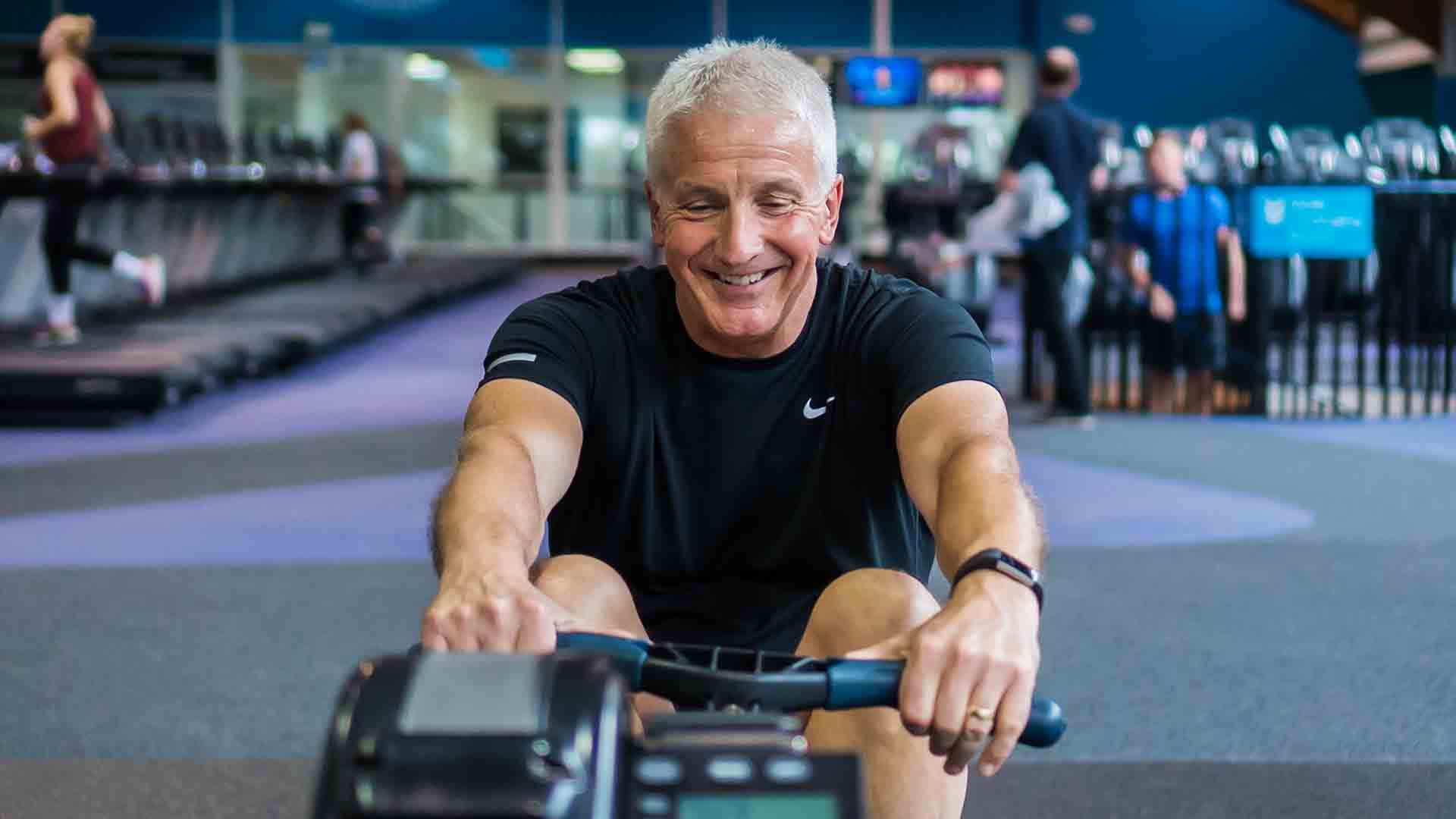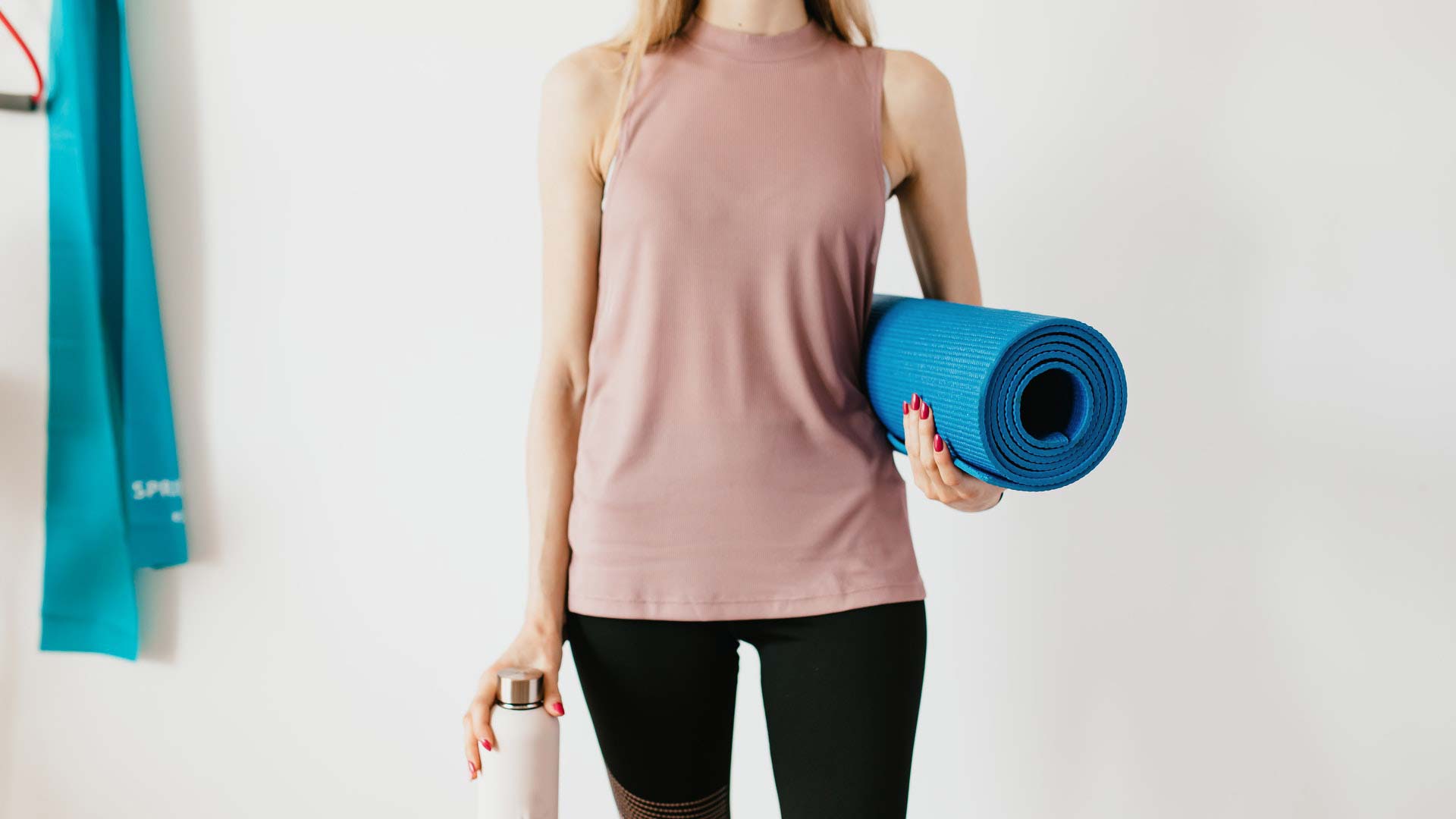- 24/10/2021
- Fitness Guides & Advice
To support World Mental Health Day, we partnered with health and lifestyle coach, Milla Lascelles, to launch our first in-club ‘Motivation Space’ for our members.
The Motivation Space offered exclusive sessions with Milla, for tips and advice on how to tackle symptoms of low motivation, and to learn the impact that this can have on our mental health and emotional wellbeing to support the objective of World Mental Health Day and raise awareness. There were group talks and a series of one-to-one sessions taking place throughout the day, offering members the chance to work with Milla in a safe and comfortable environment.
Milla, an expert holistic health and lifestyle coach, supporting and guiding people to make positive health and lifestyle changes, makes her the ideal expert partner for this event as she helps to guide members on their motivational journey. We caught up with her after the event to share her insight from the event.
“It’s such an exciting opportunity to partner with Total Fitness for the launch of their first Motivation Space, particularly as October sees the transition into longer and darker days, meaning our motivation can easily drop and our overall mood be affected.”
Milla shares her 4 tips on how to tackle low motivation:
For anyone struggling with their mental health and in need of support, these tips and advice aim to help you understand the cause of low motivation and provide ways to improve this.
1. Understand Yourself
“When setting new routines, it’s easy to procrastinate and say ’I’ll start tomorrow’ or ’next week I’ll be healthy’, but my advice would always be to just start from where you are today. It’s rather like ‘destination happiness’ when we say things like, ‘when I move house, I‘ll be happy’ or ‘when I meet someone, I’ll be happy’ - until you give up the idea that happiness is somewhere else, it will never be where you are, and will always seem slightly out of reach.
“One thing I talk a lot about during meditation practices is us never being present. We’re constantly in the past or the future where fear and anxiety sit. If you need to get back on the horse, put the power back in your hands - it’s important to just stop and pause and use mindfulness to connect to your ‘why.’ Why do you need to make changes? A lot of the time we know what we need to do to feel better, but we just struggle to find the motivation to start.”
2. Build a Routine You’ll Stick To
“One of the best ways to help build and maintain a new routine, whether exercise related or general lifestyle, is to start small. As humans, we love to set ourselves up to fail. We start by writing huge to-do lists, they’re unrealistic and we never get through them, resulting in us feeling like we have failed. It’s incredibly important to start by ‘habit stacking’ on a small scale and building from that. Habit stacking is when you build a new habit onto a current habit you do already each day, so that they are more manageable and often fit into your lifestyle without even thinking about it.
“The more you do something in your everyday life the stronger that connection in your brain becomes. This can be something as simple as after making your morning coffee, sitting down for one minute and doing diaphragmatic breathing, or when you come in after work and take your shoes off, automatically drinking a large glass of water. “
3. Incorporate Exercise
“Maintaining a regular fitness routine can often be a great way to improve motivation, as we know that when we move our bodies, we release happy endorphins. There are a huge number of studies that show when people exercise on a regular basis, they experience a boost in mood and lower rates of depression. It’s called a ‘runners high’ for a reason, describing the feeling they have after a run as ‘euphoric’.
“Exercise can boost self-esteem, help manage stress, and benefit your sleep, which in turn has a positive impact on your mental health. Self-esteem is the way we see ourselves, our self-worth and our ability to cope with life stressors, meaning when we physically move our bodies it has a positive impact.”
4. Invest In Your Sleep Schedule
“There are many different factors that affect people’s motivation. One of the main reasons is not having a restful sleep and falling into an REM (rapid eye movement) state, meaning even though you’ve woken up after eight hours of sleep, you may be feeling exhausted and totally unmotivated. There can be a host of reasons why you haven’t slept deeply – this could be alcohol related, coffee related, or even down to the electronic devices we use before bed - as the blue light from our screen time depletes our melatonin which effects our sleep. I would make sure my sleep hygiene is in good order first and then look at my morning routine. These two aspects of how you go to sleep and how you wake up are crucial to motivation.
“Low motivation may also mean you’re in self-sabotage mode, so you turn to habits that don’t serve you. These habits may be scrolling too much, turning to processed junk food, not moving the body, which in turn will make you feel lethargic and perhaps anxious – lowering your motivation.
“So, if you’ve found yourself struggling to get into the right frame of mind and your motivation is at an all-time low, try incorporating some of these simple steps into your routine to help you get back on track to setting and reaching your goals.”





